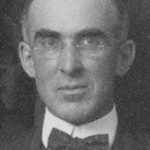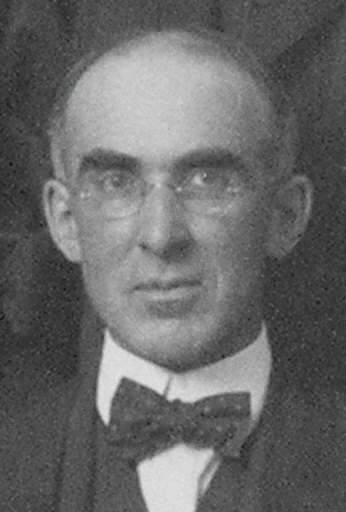“Vain is the word of that philosopher by which no malady of mankind is healed.”
 Time for more from Norman DeWitt’s Epicurus and His Philosophy! The remainder of this post is a quote from Chapter Three:
Time for more from Norman DeWitt’s Epicurus and His Philosophy! The remainder of this post is a quote from Chapter Three:
Epicurus was in revolt also against the teachings of Democritus, Socrates, Plato, and the rest concerning the function of philosophy. The Phi Beta Kappa idea that “Philosophy is the guide of life” was already commonplace, but no one was interpreting it very practically. To the great atomist Leucippus, Epicurus even denied right to the name of philosopher, because he concerned himself with physics to the exclusion of ethics. The ground upon which this was denied was neatly expressed: “Vain is the word of that philosopher by which no malady of mankind is healed.”
This position was arrived at by way of the analogy with medicine, itself an inert commonplace in the then current philosophies. He proposed to put life into it: “For just as there is no profit in medicine unless it expels the diseases of the body, so there is none in philosophy either unless it expels the malady of the soul.” With Democritus himself Epicurus was impatient because of his implicit skepticism, which to him was a sort of pessimism, paralyzing to action.
Epicurus is thus seen emerging as a natural pragmatist, impatient of all knowledge that lacks relevance to action. Platonic dialectic was to him a superfluity and consisted in “walking around uselessly and harping upon the question, “What is the meaning of ‘good’?” At times his zeal becomes truly religious, and his language anticipates the terminology of the New Testament. Of this a specimen is his advice to the young Pythocles: “From the outset you must believe that no other end is gained from the knowledge of celestial phenomena, whether viewed in their associations [with the astral deities] or by themselves, than peace of soul and an abiding faith.” He did not believe in “following the logos” nor in following “knowledge like a sinking star beyond the utmost bound of human thought:” The thing of supreme urgency was not knowledge but the happiness of mankind. He called his teachings “true philosophy,” but they approximated to a religion. He claimed for himself the title of “sage,” but he was really a prophet.

